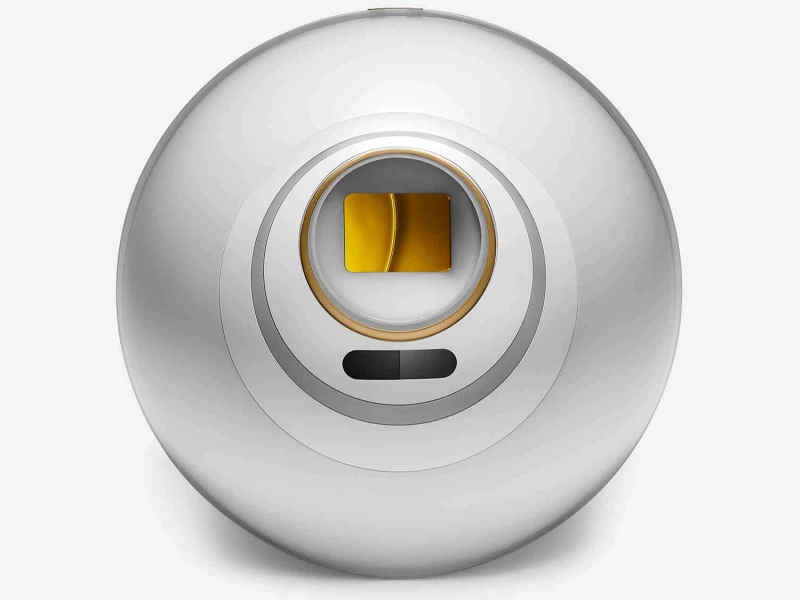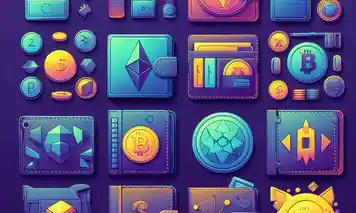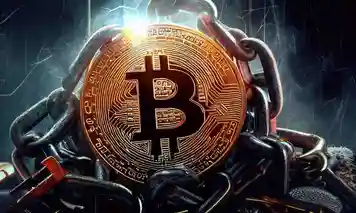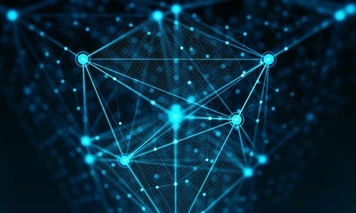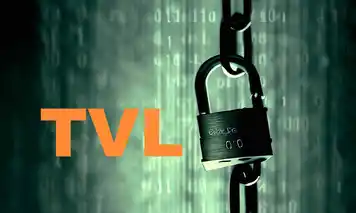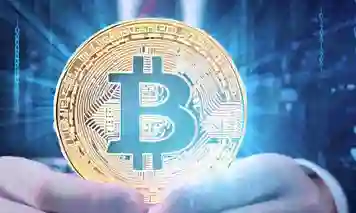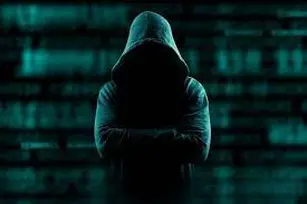Sam Altman, known for leading OpenAI's ChatGPT development, co-founded Tools for Humanity, which develops technology for the Worldcoin blockchain project. The project's unique feature is its token distribution method through iris scanning, using a proprietary device called Orb to create digital World IDs for users.
Funding and Growth Strategy
The project has attracted significant investment, raising $115 million in a recent round led by Blockchain Capital. Currently valued at $3 billion, Worldcoin has secured over $240 million in total funding from prominent investors including Andreessen Horowitz, Tiger Global, and Khosla Ventures. Approximately 2 million people await the token airdrop, which was initially planned for early 2023.
Organizational Structure
The project comprises several entities:
- Tools for Humanity: The main development company co-founded by Altman, Blania, and Novendstern
- Worldcoin Foundation: A Cayman Islands-based non-profit supporting protocol development
- Future DAO: Planned decentralized autonomous organization

Product Ecosystem
Worldcoin's product suite includes:
- World ID: An identity verification protocol
- World App: A cryptocurrency management application
- Orb Device: The iris-scanning hardware
- WLD Token: The forthcoming cryptocurrency
Implementation Challenges
The project faces challenges with black market account trading, particularly in regions where registration isn't officially available. Reports indicate verified accounts being sold for around $30, prompting security measures including modified registration processes and new QR code systems.
Token Distribution Plan
The total supply will be 10 billion WLD tokens:
- 80% allocated to users, operators, and ecosystem
- 20% reserved for team members and investors
- Three-year vesting period for team/investor tokens
- Weekly claiming system for registered users
- Exclusion of certain jurisdictions including the US
The launch is anticipated in Q3 2023, with final timing to be determined by the Worldcoin Foundation.

